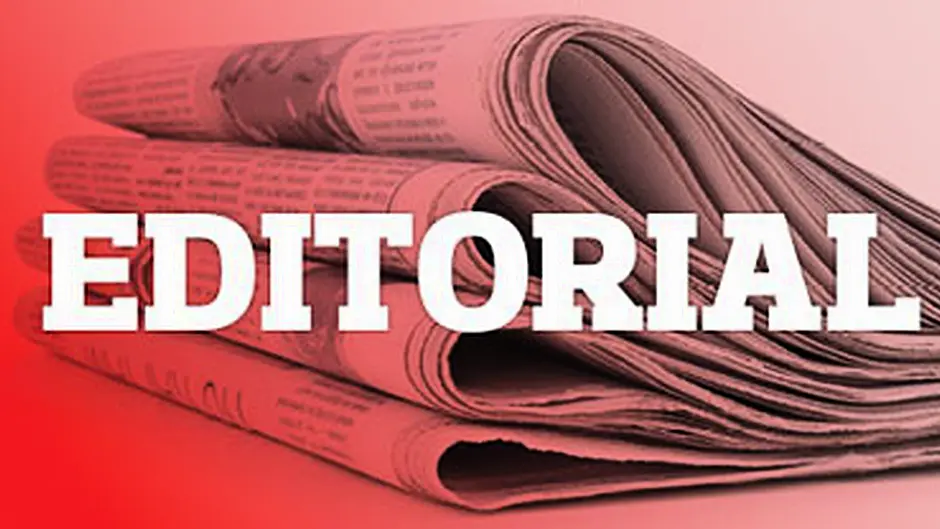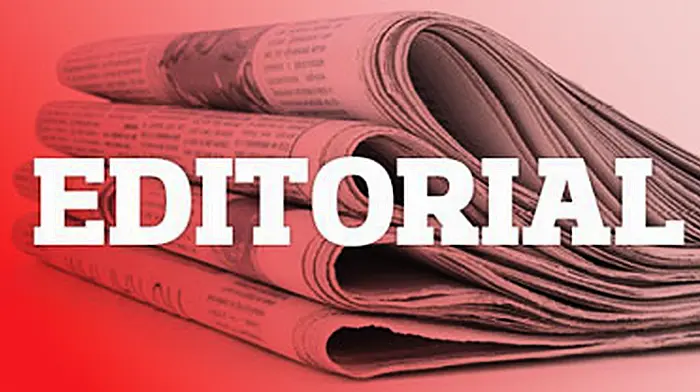WHAT a first six months of the year it has been as it had more packed into it than one might expect to have in a few years at any other time. Obviously, the Covid-19 pandemic dominated the first half of 2020, putting us and the wider world in an unprecedented situation that is set to have ramifications, both from public health and economic viewpoints, for many years to come.
Going into the new year, Covid-19 did not feature on most people’s radars as the coronavirus was mainly confined to a city in the centre of China that most people here had never heard of, Wuhan, and the authorities there, irresponsibly, left it very late to warn the rest of the world of the seriousness of what was coming down the tracks. US President Donald Trump knocked great populist mileage out of calling it the ‘Chinese virus,’ but he got his comeuppance when it raged across the States, claiming more than 127,000 lives there so far – and still counting – while also seriously damaging the US economy, which was the plank Trump was counting on as a springboard to secure his re-election next November for another four-year term and now he has serious racial tensions to deal with as well.
In Ireland, January saw Taoiseach Leo Varadkar calling a general election for the start of February, which was sooner than most people had anticipated, but which did not go to plan for him, losing several seats and ending up third after Fianna Fáil and Sinn Féin in terms of seats won. In fact, Sinn Féin secured the largest number of first preference votes countrywide and, if they had run more candidates, could have secured an extra seven to 10 seats to put them in pole position to form a government.
Fine Gael and Fianna Fáil continued to refuse to talk to Sinn Féin about forming a national government, in spite of the latter’s mandate for change, and both FF and FG were forced to bury the hatchet when it came to their tribal divisions of old, come up with a framework document for government and start negotiations on forming a coalition government with the Green Party, who now hold the balance of power and are in a strong position to drive their climate action agenda.
It is rather shameful that, with the general election having taken place on February 8th, it has taken almost five months since to form a government – one that has an unenviable task ahead of it. Micheál Martin may have avoided the dubious distinction of being the first Fianna Fáil leader never to have become Taoiseach, but he now faces by far the biggest challenge of his political career, greater even than the task he had of reviving his party’s fortunes in the aftermath of the 2011 general election, which was pure carnage.
Then caretaker Taoiseach Leo Varadkar was resolutely heading with his Fine Gael party for the opposition benches when Covid-19 struck Ireland at the end of February, having come here via Northern Italy, which at that time was the European epicentre of the pandemic before Spain and then the UK were as badly hit. Varadkar’s surefootedness as a political leader and medical doctor, steadfastly following the advice of the National Public Health Emergency Team (NPHET) in imposing the restrictions that suppressed the virus in the community, worked as anticipated and he rose in people’s estimation.
Of course, he was in a win-win situation as he was able to take the credit when the advice worked and could have conveniently blamed NPHET if it didn’t. However, there is still a need for a thorough review of how the coronavirus was tackled to establish what shortcomings were there, especially in relation to nursing homes, where the incidence of Covid-19 deaths was highest, so as to ensure that the country will be able to cope better in this area if it is hit by a second wave of the virus.
Meanwhile, the people of Ireland who largely bought into observing the restrictions imposed – and most especially the over-70s who bore the brunt of the isolation brought about by cocooning – deserve great credit. The ‘lockdown’ renewed the latent community spirit that pervades our society and long may it last.
However, the real heroes of the coronavirus emergency were the frontline workers, including doctors, nurses and all hospital and other healthcare workers, the gardai, pharmacy employees, shop and supermarket staffs, delivery truck drivers and all who put their own wellbeing at risk to keep the country running.
For Leaving Certificate students, the year so far has proven a frustrating anti-climax, but hopefully the grades they get will help them access the third-level courses they want. Schools and colleges have been closed since mid-March and students will be returning to a ‘new normal’ next September, which will be very different to what they’re used to.
The task facing the new government in trying to kick-start the economy and society in general, reduce record unemployment and start to pay back the estimated €30bn the pandemic has cost the county so far – with Brexit still lurking in the background – is nothing short of mammoth.










